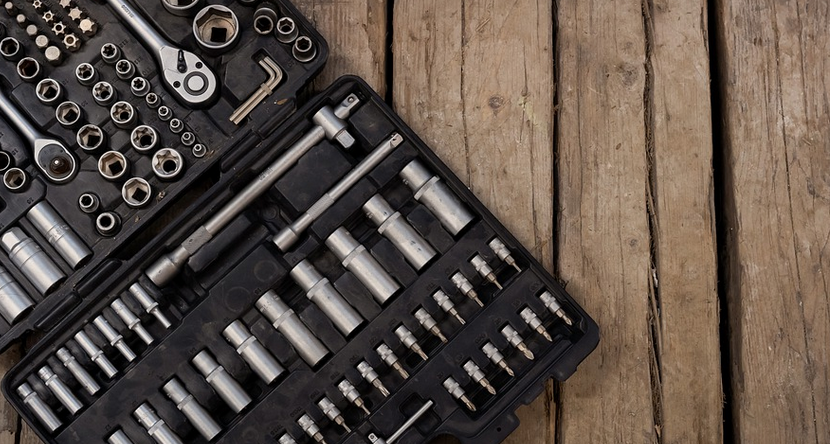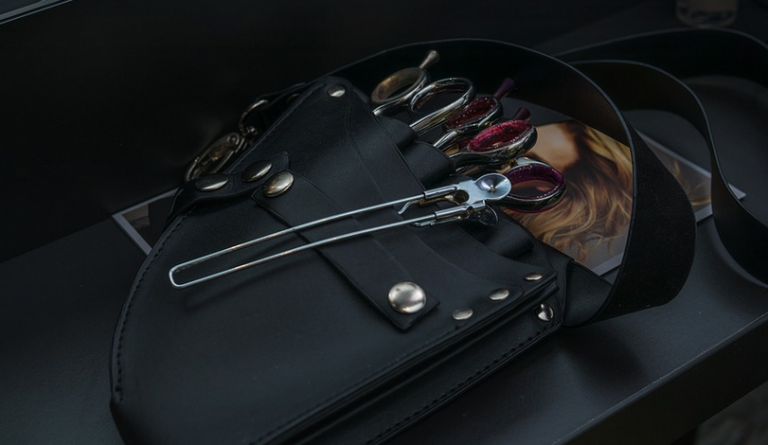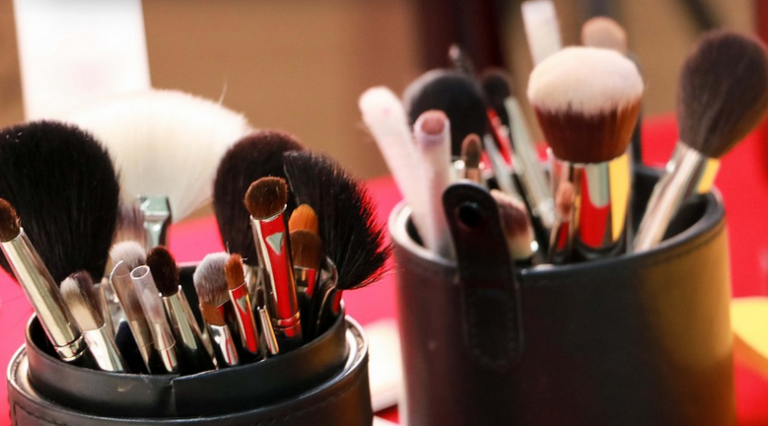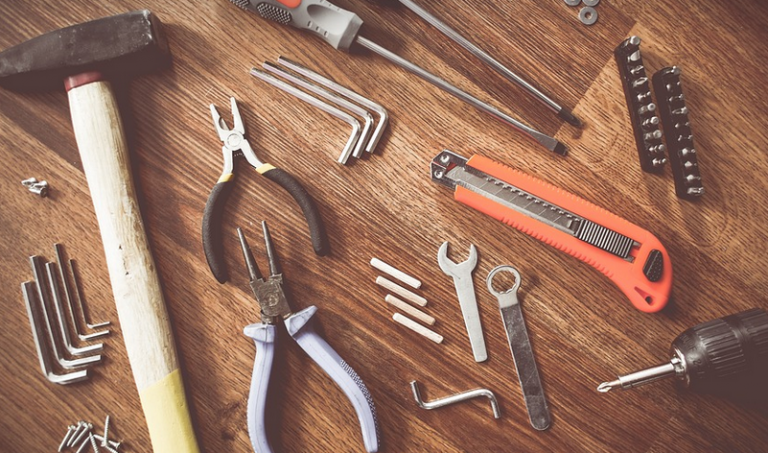
The Mystery of Dishwashing & Knife Sharpness
We all love the convenience of a dishwasher, especially for those messy dishes after a big meal. But have you ever noticed that your knives seem less sharp after using it? The simple act of putting them through the spin cycle can leave some folks wondering if their favorite blades are taking a hit.
Before we dive into the specifics, let’s address something crucial: it’s not always a direct cause-and-effect relationship. While the dishwasher itself might seem like the culprit, the truth is far more nuanced.
The reality is that washing dishes by hand, with their deliberate care and attention to each cut or edge, can actually be more detrimental to your knives than using a dishwasher. This isn’t just about how you treat them; it’s about understanding the principles behind these seemingly contrasting methods.
Firstly, imagine a human hand as a tiny sculptor. It delicately works with metal, creating precise angles and removing excess material until every edge is perfectly sharpened. The same precision and care can be applied to knives when washed by hand. With each pass of a dishcloth or sponge, we’re making sure that any sharp points are rounded out and smoothed down.
Now picture the dishwasher as an automated process, almost like using a heavy-duty blender. It uses powerful water jets to cut through grease and food particles—but at what cost? In this case, it’s about speed and efficiency. While the pressure of the jets can help remove stubborn stains, the rapid churning of water might leave behind tiny scratches on the knife’s surface.
Let’s not also forget that some knives are made from delicate materials. Stainless steel is known for its durability, but even these sturdy blades can experience wear and tear over time, thanks to the constant friction caused by dishwasher detergents.
Here’s where things get interesting: While dishwashers aren’t the enemy of knife sharpness, their role in maintenance isn’t always straightforward. The truth is, there are two primary reasons why a knife might seem duller after coming out of the dishwasher.
First, the intense water pressure and temperature might cause slight warping or bending of the blade’s edge – an unintended consequence of the high-speed spin cycle. This can affect the sharpness of the knife.
Second, most dishwashing detergents contain chemicals that can gradually dull a knife’s edge. These chemicals are designed to break down grease and food particles but might leave behind traces of residue on your knives. Over time, this residual buildup can create microscopic scratches on the blade.
It’s like how applying too much oil to machinery can cause friction and wear it out faster. While dishwashers aren’t designed to be knife sharpeners, they are effective at cleaning them; there’s a clear balance between convenience and potential damage.
The key takeaway? Using the dishwasher doesn’t automatically dull your knives unless you neglect proper care for your tools.
So what can you do to protect your knives from excessive wear and tear in the dishwasher? Here are some tips:
- Use dishwasher-safe cutlery.
- Choose a lower-temperature wash setting (most dishwashers offer this option).
- Select a delicate cycle if your knives have intricate or thin edges.
Remember, proper care and maintenance of your knives will go a long way in maintaining their sharpness for years to come.
So next time you’re loading the dishwasher, be mindful of how you handle your knives. Treat them with the respect they deserve, and you’ll keep those blades sharp for all your culinary conquests this year.



